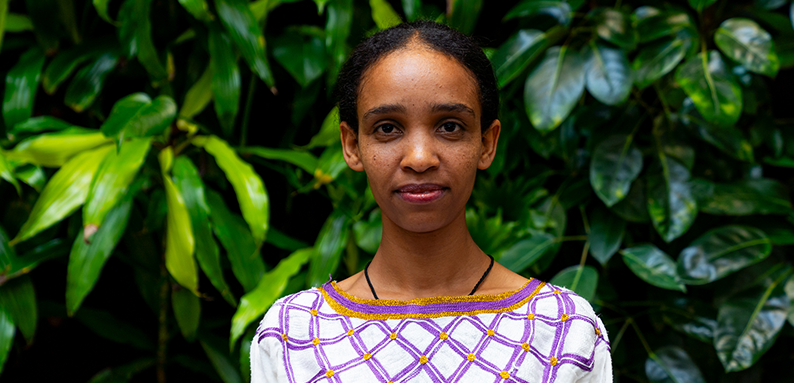Q&A with Etagegnehu D. Feleke

"Malaria-free Africa starts now.
My goal is to design solutions that improve timely and accurate malaria detection, ultimately reducing preventable deaths and transforming healthcare access in low-resource settings."
Etagegnehu D. Feleke
PhD Candidate, Biomedical Engineering
What project are you working on?
Our project focuses on the design and development of a LAMP (Loop-Mediated Isothermal Amplification) device aimed at detecting and quantifying malaria parasites in low-resource settings. The device is battery-powered, making it ideal for use in rural clinics where electricity is unreliable. It is low-cost, operates efficiently at room temperature, and eliminates human error through automated result interpretation. Additionally, it delivers results in a short turnaround time, enhancing early diagnosis and treatment. These features make the device a practical and accessible tool for improving malaria detection in underserved communities.
What problem(s) are you solving?
The problem we are addressing is the lack of affordable and accurate malaria diagnostic tools in low-resource settings. Current methods either fail to detect and quantify low levels of parasitemia or are too expensive for widespread use in regions most affected by malaria. Despite 95% of malaria cases and 96% of deaths occurring in sub-Saharan Africa, available technologies are often inaccessible or require trained personnel, making early and precise diagnosis difficult. My solution focuses on providing a low-cost, user-friendly, and reliable diagnostic tool that improves detection and quantification, especially in underserved communities.
What brought you to this research?
I grew up in a rural region of Ethiopia where malaria-related deaths were common due to delayed or inaccurate diagnosis. The 2021 WHO report noted that 42% of children with fever received treatment without parasitological testing, highlighting the urgency of this issue. Witnessing these challenges firsthand inspired me to use my background in biomedical engineering to develop affordable diagnostic tools tailored to the needs of underserved communities. My goal is to design solutions that improve timely and accurate malaria detection, ultimately reducing preventable deaths and transforming healthcare access in low-resource settings.

